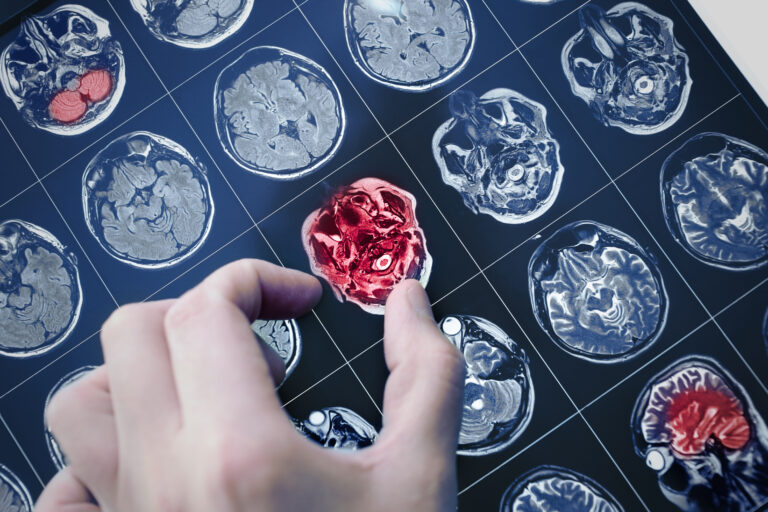Ginkgo biloba is one of the most widely used herbal supplements in the world, especially among people looking to support memory and brain health. For those living with Alzheimer’s disease, or their caregivers, the question of whether ginkgo biloba is safe and effective is especially important. This article will walk through what ginkgo biloba is, how it might work in the brain, what research says about its safety and effectiveness for Alzheimer’s, and what experts recommend.
## What Is Ginkgo Biloba?
Ginkgo biloba, also known as the maidenhair tree, is an ancient tree species whose leaves have been used in traditional medicine for centuries[3]. Today, ginkgo leaf extract is sold as a supplement in capsules, tablets, and teas. It is promoted for a range of health issues, but most commonly for memory problems and cognitive decline[3].
## How Might Ginkgo Biloba Work in the Brain?
Scientists have studied ginkgo biloba to understand how it might affect the brain. Some laboratory and animal studies suggest that ginkgo extracts have antioxidant and anti-inflammatory properties, which could theoretically protect brain cells from damage[1]. There is also some evidence from animal models of Alzheimer’s disease that ginkgo biloba extract (specifically EGb761) might reduce certain types of cell death in the brain, called necroptosis, which is linked to Alzheimer’s pathology[1]. In these animal studies, ginkgo appeared to lower markers of cell stress and improve mitochondrial function in brain tissue[1]. However, it is important to remember that findings in animals do not always translate to humans.
## What Does the Research Say About Ginkgo Biloba and Alzheimer’s Disease?
When it comes to human studies, the picture is much less clear. Large, well-designed clinical trials have repeatedly failed to show that ginkgo biloba provides meaningful improvements in memory or cognitive function for people with Alzheimer’s disease[4]. While some smaller studies have reported modest benefits, these findings have not held up in bigger, more rigorous trials[5]. For example, the Ginkgo Evaluation of Memory (GEM) study, one of the largest and longest trials, did not find that ginkgo biloba prevented dementia or slowed cognitive decline in older adults[3]. Reviews of the evidence consistently conclude that ginkgo’s effects are, at best, inconclusive for Alzheimer’s disease[2][4].
## Is Ginkgo Biloba Safe for People With Alzheimer’s Disease?
In general, ginkgo biloba is considered safe for most people when taken at recommended doses. Side effects are usually mild and may include headache, dizziness, stomach upset, or allergic skin reactions. However, ginkgo can interact with certain medications, especially blood thinners like warfarin, increasing the risk of bleeding[3]. People with Alzheimer’s disease often take multiple medications, so it is very important to talk to a doctor before starting ginkgo biloba or any other supplement.
There is no strong evidence that ginkgo biloba is harmful for people with Alzheimer’s disease, but there is also no strong evidence that it helps. The lack of clear benefit means that most experts do not recommend ginkgo biloba as a treatment for Alzheimer’s[2][4].
## What Do Experts and Guidelines Say?
Major health organizations, including the Alzheimer’s Association and the National Institute on Aging, do not recommend ginkgo biloba for the prevention or treatment of Alzheimer’s disease due to insufficient evidence of benefit[4]. Clinical guidelines focus instead on medications that have been proven to help manage symptoms, such as cholinesterase inhibitors (donepezil, rivastigmine, galantamine) and memantine[2].
## The Bottom Line
Ginkgo biloba is a popular supplement with a long history of use, but scientific research has not shown that it is effective for treating or preventing Alzheimer’s disease in humans[2][4]. While it is generally safe for most people, it can interact with other medications, so it is important to consult a healthcare provider before use[3]. For now, the best approach for managing Alzheimer’s disease is to follow evidence-based treatments and discuss any supplements with a doctor.
If you or a loved one are considering ginkgo biloba for Alzheimer’s disease, it is important to have realistic expectations and to prioritize treatments that have been proven to work. Always talk to a healthcare professional before making changes to medication or supplement routines.
[1] [2] [3] [4]





